Tanzania’s Chronic Health Crisis Preceded the Pandemic
Global Volunteers is currently tackling one threat to Tanzanian children that’s even more widespread than COVID-19: Stunting. Amid the pandemic and consequent economic crisis, we’re working to halt this devastating condition before it permanently impairs the children we serve in the Ukwega Ward. At this time, more than 40% of children in rural Tanzania face stunting. Read on to learn about this health disaster and how Global Volunteers’ Reaching Children’s Potential Project (RCP) is having impact in five villages.
While lack of testing and reporting may never reveal the precise number of Tanzanians affected by the coronavirus, we’re certain how childhood stunting ravages our partner communities. The impacts are visible: Children who reach only a percentage of their expected growth at six months, twelve months, and every year after are physically smaller, less resistant to illness, and at a significant disadvantage once they begin school. They learn at a slower rate, and in crowded, under-resourced classrooms, are most often left behind. These conditions are permanent by the time they reach school age. But, until then, interventions beginning in utero can prevent the condition. This is where Global Volunteers’ work is concentrated: Starting with pregnant women and through the child’s first 1,000 days of life.
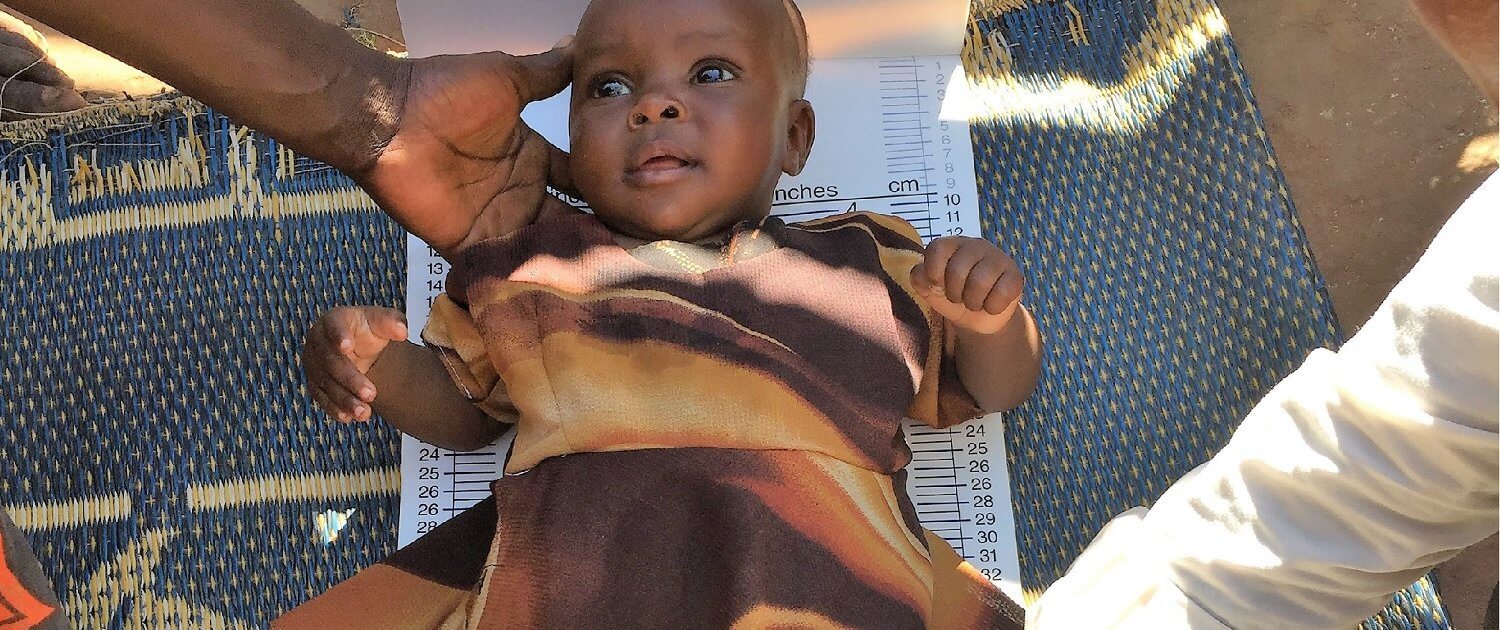
Although stunting is not deadly, it destroys children’s and adults’ lives, trapping them in a cycle of poverty and inequity. The World Health Organization (WHO), defines stunting as “the impaired growth and development that children experience from poor nutrition, repeated infection, and inadequate psycho-social stimulation. Children are defined as stunted if their height-for-age is more than two standard deviations below the WHO Child Growth Standards median.” WHO also describes some of its consequences: Poor cognition and educational performance, low adult wages, lost productivity, and increased risk of nutrition-related chronic diseases in adult life. In short, impaired growth in utero and in the early years permanently limits a person’s life-long potential.
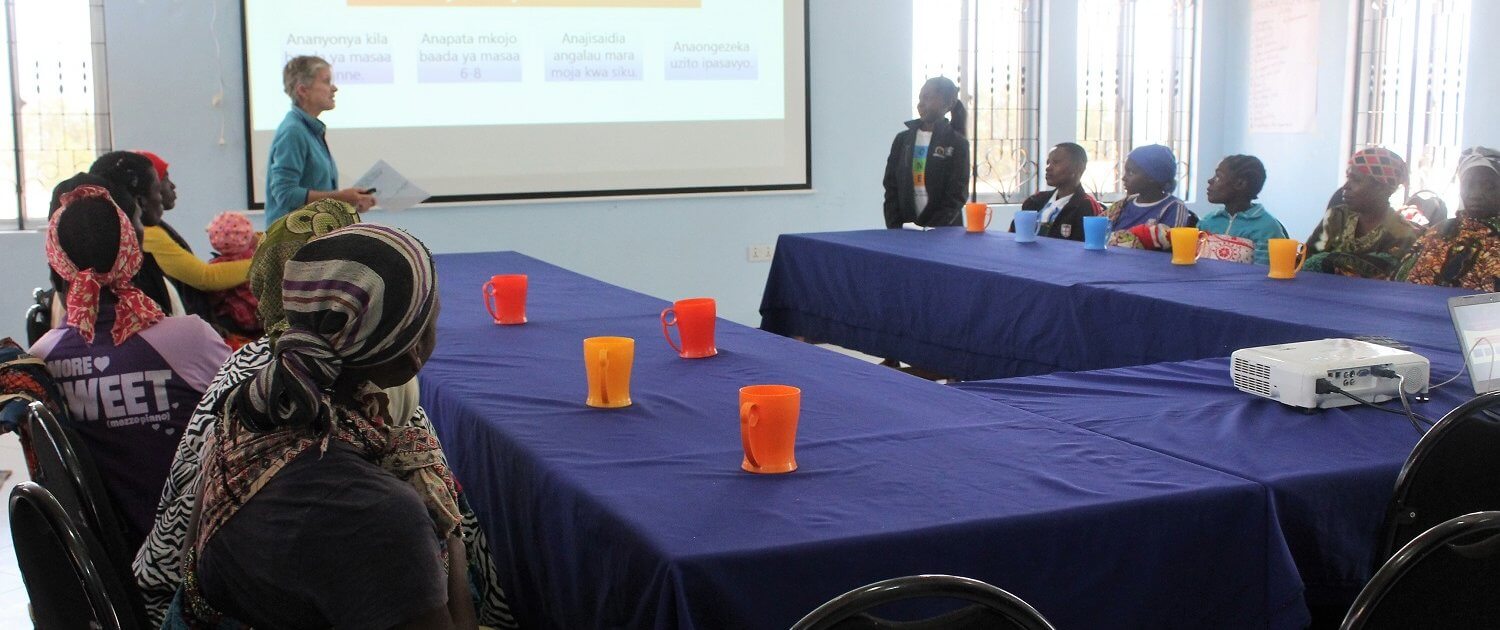
Evidence shows that when pregnant women, mothers, and their children receive sufficient nutrition and protection from disease, children will not be stunted. Parents also need the relevant knowledge, appropriate technology, and what’s often overlooked – constant reinforcement and support provided trough home visits. Along with this, children need adequate nutrition, medical care, and quality education through their school years. It’s possible to help local communities provide all of this with the work and support of short-term volunteers. And our child-focused program is designed to do just that.
The RCP Project serves parents from pregnancy all the way to their children’s 18th birthday – particularly focusing on the first 1,000 days of life, from conception until the age of two. It provides free medical care at the Ipalamwa General Clinic (built by Global Volunteers) with the help of volunteers with medical expertise. Hand-washing stations are provided to all families along with soap and supplies to sanitize water. Volunteers with a health background such as psychologists or nutritionists also provide educational health workshops for parents. While volunteers in other fields help with English classes in school, psycho-social support in preschools, and support on home visits. Skilled volunteers also support a women’s cooperative with sewing and knitting classes. Finally, all volunteers help provide adequate nutrition through container gardens and Rise Against Hunger Meals for families.
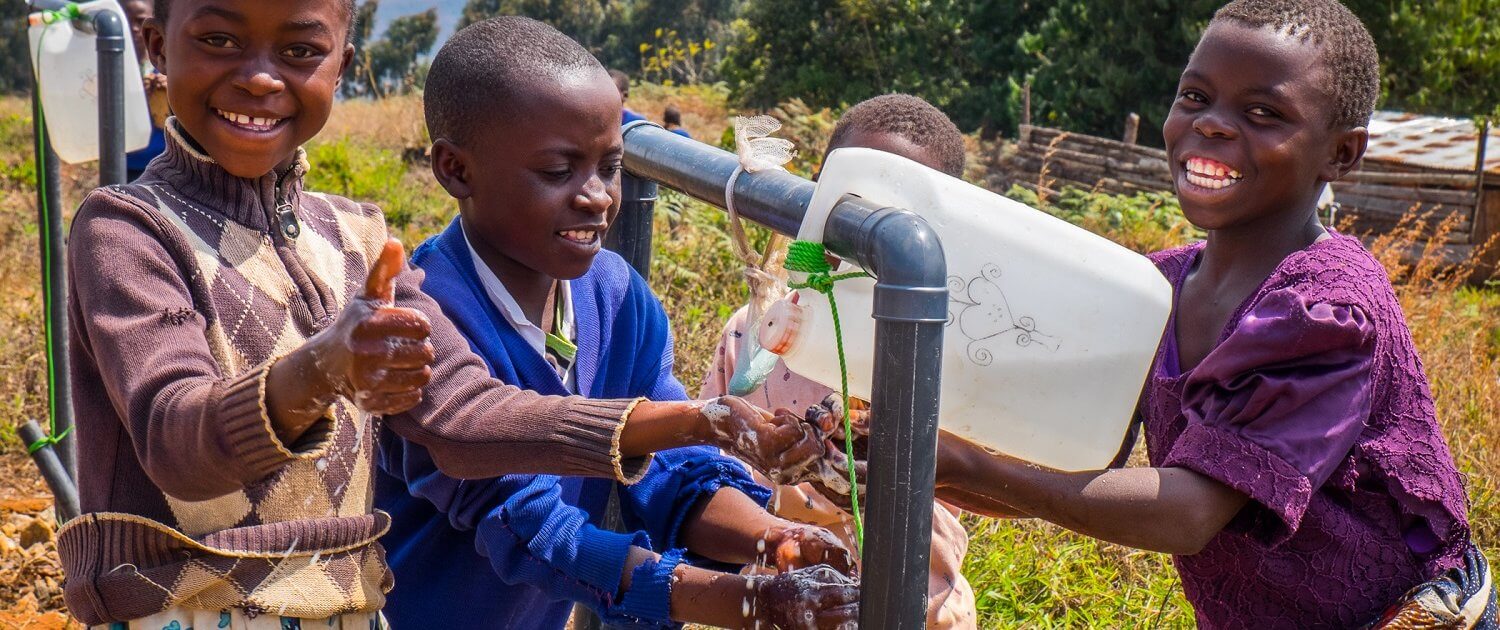
The RCP Program started working in the rural village of Ipalamwa, in the Tanzanian highlands. But its success, the need for it, and the support from volunteers have allowed it to expand. As of today, the RCP Program serves 550 families in five rural villages. The work has multiplied, but the need demands it. All of our efforts would be pointless without volunteers’ support. While the coronavirus curtails worldwide travel, donations to continue the Reaching Children’s Potential Project are critical. This ensures that meals, outreach, and education continue in volunteers’ absence, and will sustain projects for their immediate engagement upon their return.
It’s clear we can’t be oblivious to what happens in Tanzania, Vietnam, Peru, or anywhere else where Global Volunteers works. We are one community, and everyone can help. We have worked with our community partners to identify children’s greatest needs during the COVID-19 crisis.
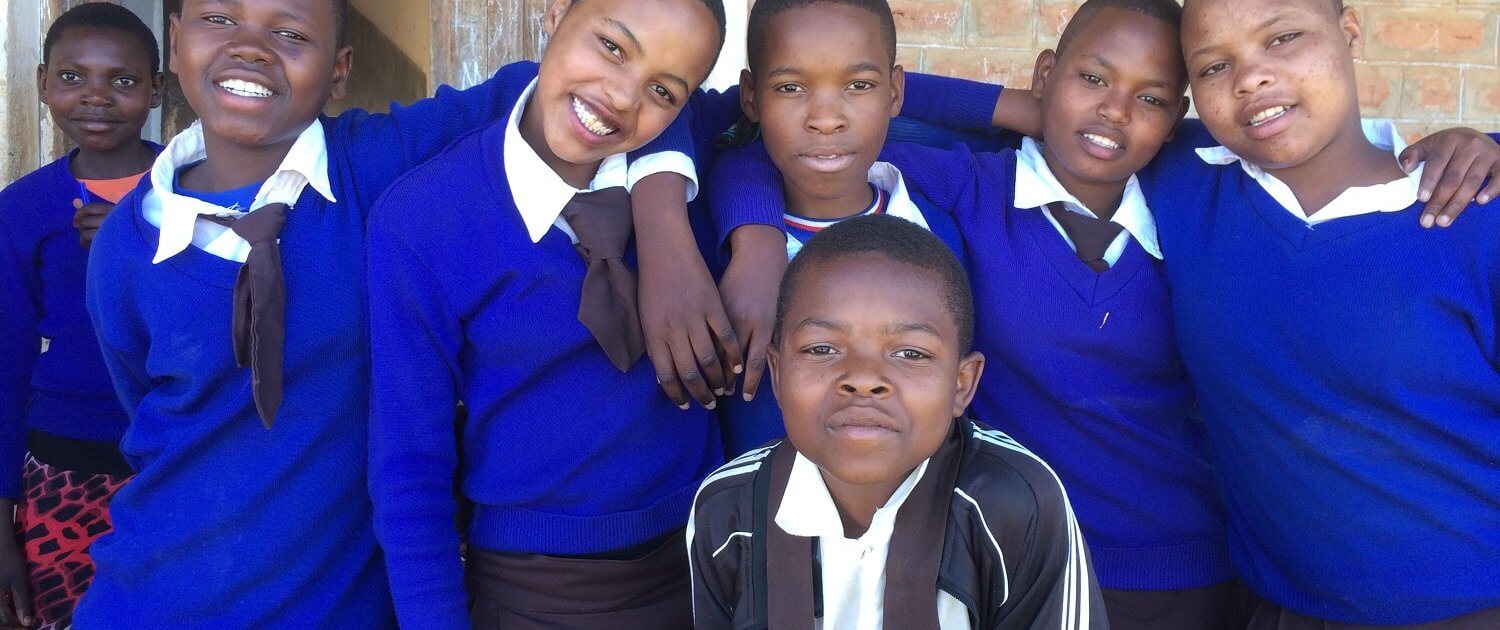

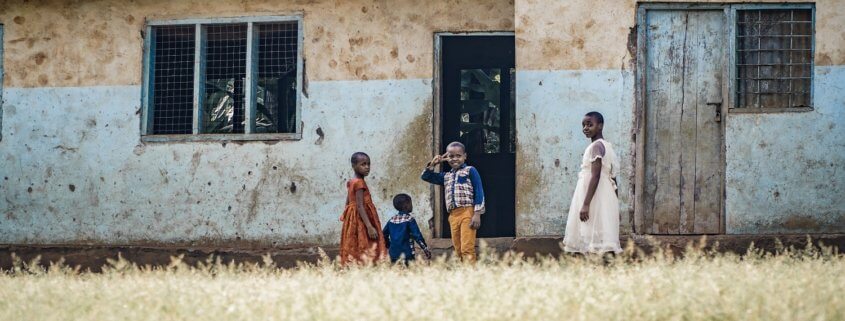


Leave a Reply
Want to join the discussion?Feel free to contribute!